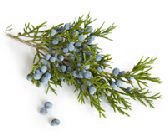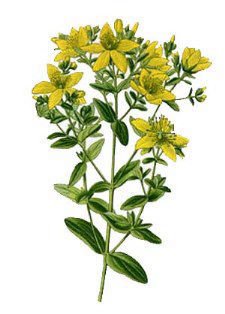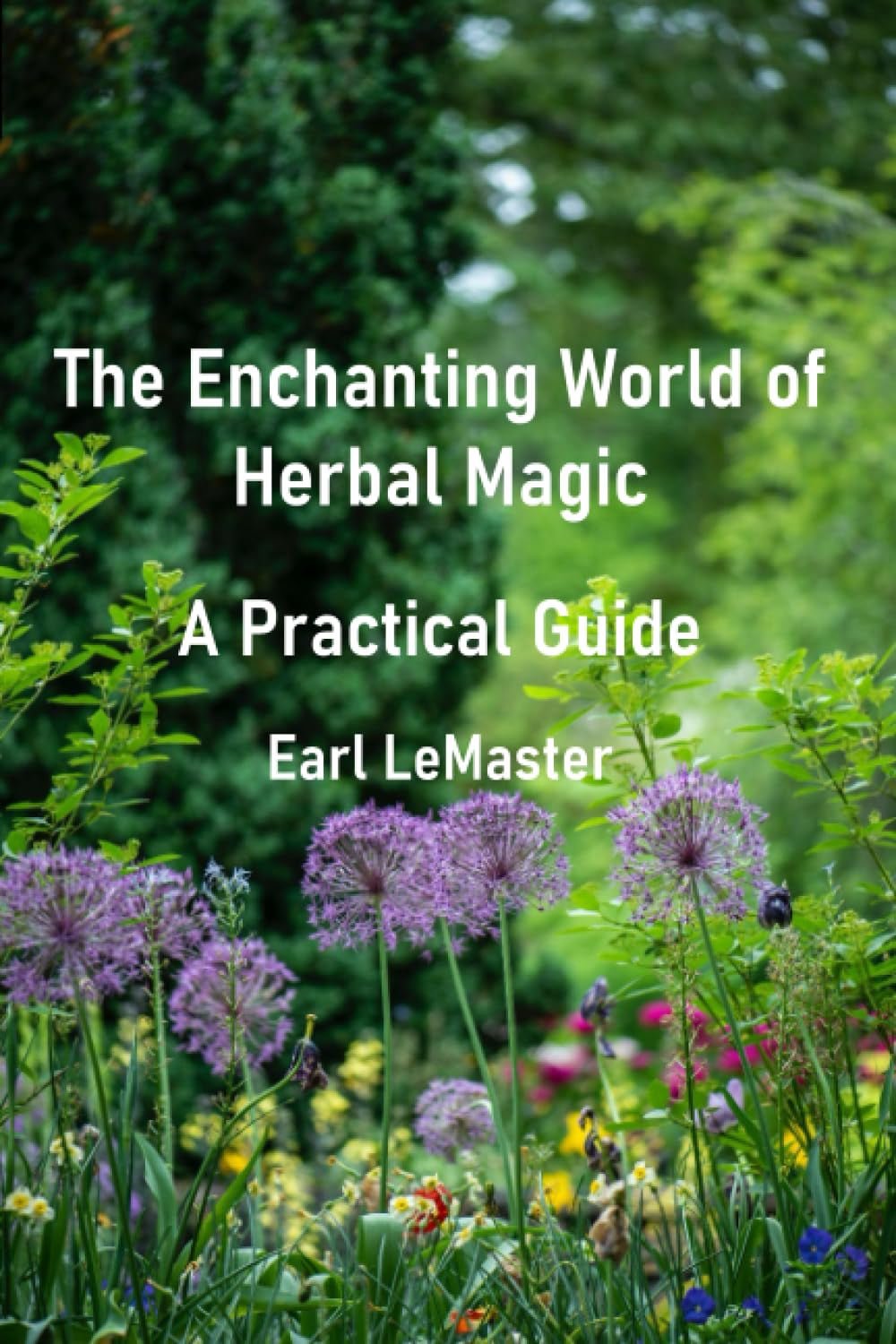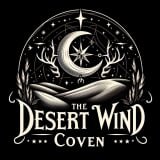
Juniper berries
Pregnant women should avoid barberry root bark, cascara sagrada, feverfew, juniper berries, mugwort, pennyroyal, pokeroot, rue, senna, southernwood, tansy, thuja and wormwood. All of those herbs can increased a risk for miscarriage. Safe herbs during pregnancy would be Manna, Butternut Bark or Root, Flax Seed, Slippery Elm and Lemon Verbena.
No matter what herb(s) you are taking, be mindful of anything unexpected. Stop taking whatever it is and consult an expert you can trust.
Make certain you have the correct diagnosis. Diagnosis is not easy and sometimes doctors make mistakes. Generally, however, a doctor is much better equipped to diagnose. Discuss any planned herbal discipline you plan to undertake with your physician.


